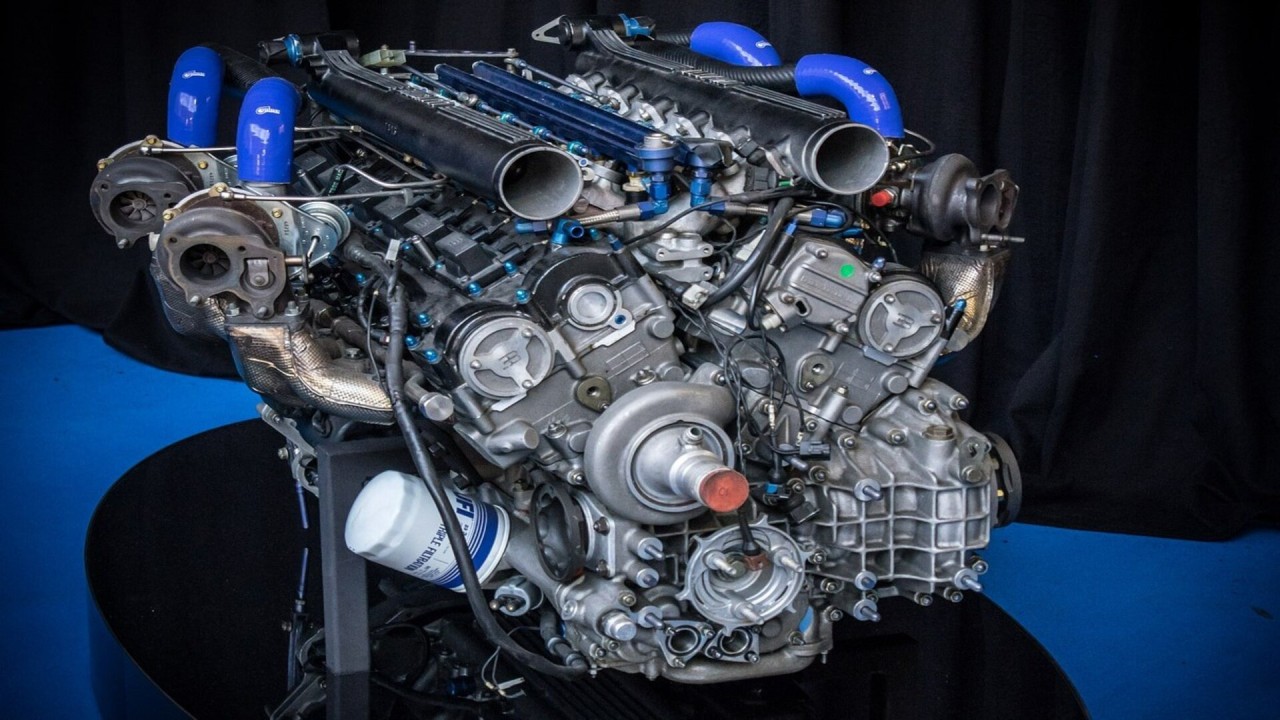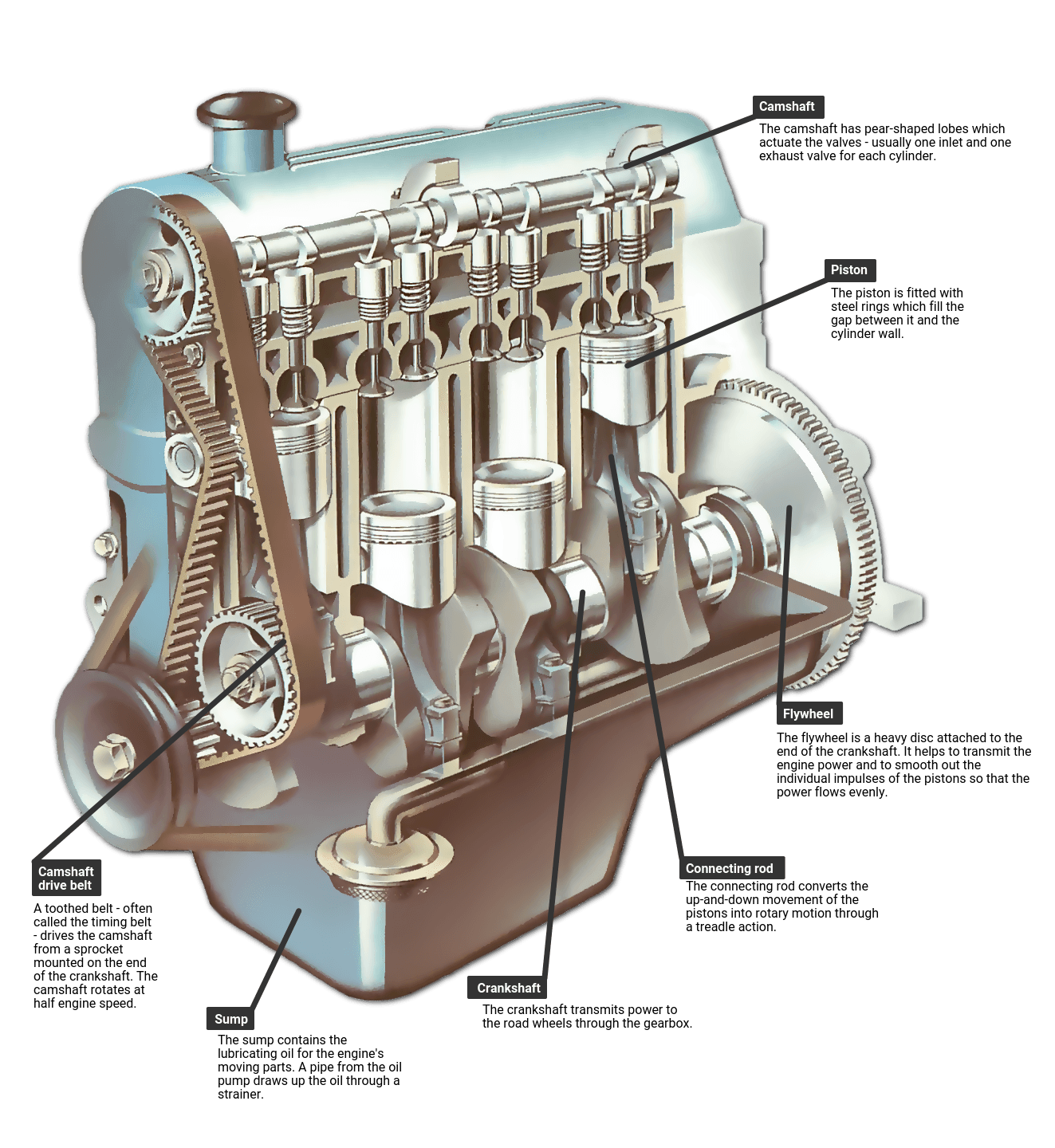A Complete Overview to Choosing the Right Engine for Your Job
Selecting the suitable engine for your project is an essential decision that can significantly impact its overall success. It is important to meticulously specify your project requires, evaluate efficiency needs, and consider user-friendliness along with various other important factors. Additionally, understanding the area assistance readily available and inspecting expense effects can further refine your choice. Each of these components plays a pivotal role in guaranteeing that your selected engine not just satisfies prompt purposes but also straightens with long-term ambitions. As we check out these considerations, you might locate that the nuances of each element disclose more than originally prepared for.
Specify Your Project Demands
Specifying your project requires is an essential action in picking the suitable engine for successful implementation. A detailed understanding of your job's objectives will certainly lead you in determining the capabilities and functions needed from an engine. Begin by outlining the scope of your task, including the wanted performance, target audience, and the specific results you aim to accomplish.
Following, think about the technological requirements that straighten with your job objectives. This includes evaluating the compatibility of the engine with existing systems, as well as the programming languages and frameworks that will certainly be made use of. Additionally, evaluate the level of scalability needed to accommodate future growth or changes popular.
Budget plan constraints likewise play an essential duty in defining your task needs. Establish a clear monetary framework to lead your decision-making procedure, ensuring that the engine selected fits within your spending plan while offering the essential capability.
Evaluate Efficiency Requirements

Next, think about the scalability of the engine. Analyze whether it can deal with boosted work as your job expands. Engines that support straight scaling are frequently preferable for bigger applications. In addition, examine the engine's efficiency under various conditions, such as peak usage scenarios, to ensure it meets your dependability requirements.
Take Into Consideration Convenience of Use
While technological specs are essential, the convenience of use of an engine can significantly affect the development procedure and overall task success. An user-friendly interface, clear paperwork, and structured operations can considerably reduce the learning contour for programmers, allowing them to concentrate on creativity and problem-solving as opposed to coming to grips with facility tools.
When reviewing an engine's convenience of use, take into consideration the onboarding experience. A well-structured intro, complete with tutorials and sample jobs, can assist in a smoother shift for brand-new users. Additionally, the clearness and comprehensiveness of the engine's paperwork play an essential role; detailed guides and API recommendations can empower developers to troubleshoot and apply attributes efficiently.
An additional facet to consider is the engine's personalization abilities. An engine that enables simple modifications can check out this site be much more easy to use, as programmers can tailor it to fit their specific demands without substantial hassle. Lastly, evaluate the workflow combination with tools and systems you currently make use of. A cohesive ecological community can enhance performance and minimize friction throughout the advancement process. Inevitably, picking an engine that prioritizes ease of use can bring about a much more enjoyable and effective development experience.
Assess Neighborhood and Assistance
The stamina of an engine's community and support network can greatly influence a developer's experience and success. When assessing an engine, consider the size and task level of its neighborhood.
Additionally, evaluate the accessibility of main assistance channels. Reliable documentation, responsive consumer support, and routine updates are essential for addressing technological concerns and maintaining your task on the right track. Engines For Africa. Active neighborhoods additionally foster collaboration, providing chances for networking and feedback, which can be indispensable, especially for independent programmers or little groups
Additionally, examine the existence of community-run occasions, such as hackathons or meetups. These celebrations can enrich your understanding of the engine while connecting you with prospective partners and experienced users. In summary, a robust area and support group not just enhance growth but additionally develop a setting favorable to discovering and technology, ultimately enhancing the possibility of your task's success.
Contrast Cost and Licensing Alternatives
Budget factors to consider play a critical duty in choosing the best engine for your task, as the cost and licensing alternatives can significantly influence both short-term costs and lasting stability. Engines For Africa. Different engines supply differing pricing frameworks, which can consist of single purchase fees, subscription versions, or revenue-sharing arrangements based upon your task's revenues

Certifying options likewise differ substantially. Some engines are open-source, providing flexibility and community-driven assistance, while others might call for proprietary licenses that restrict usage and circulation. Understanding the implications of each licensing model is important, as it impacts ownership legal rights, future scalability, and potential lawful obligations.
Final Thought
In verdict, choosing the ideal engine for a job requires a thorough assessment of defined job needs, efficiency demands, simplicity of usage, area support, and cost factors to consider. By systematically attending to these important elements, decision-makers can make sure positioning with both future and existing project needs. An educated choice eventually boosts the probability of task success, making it possible for effective resource allocation and making best use of possible outcomes within the specified budgetary constraints.
Selecting the appropriate engine for your project is an essential decision that can considerably impact its total success.Defining your project requires is an important step in picking the proper engine for successful implementation. A thorough understanding of your project's goals will certainly direct you in recognizing the capabilities and functions called for from an engine.When you have a clear understanding of your project needs, the following action is to examine the efficiency requirements use this link of the engine.In verdict, picking the ideal engine for a project demands a complete assessment of specified project requirements, performance requirements, simplicity of usage, area support, and price factors to consider.